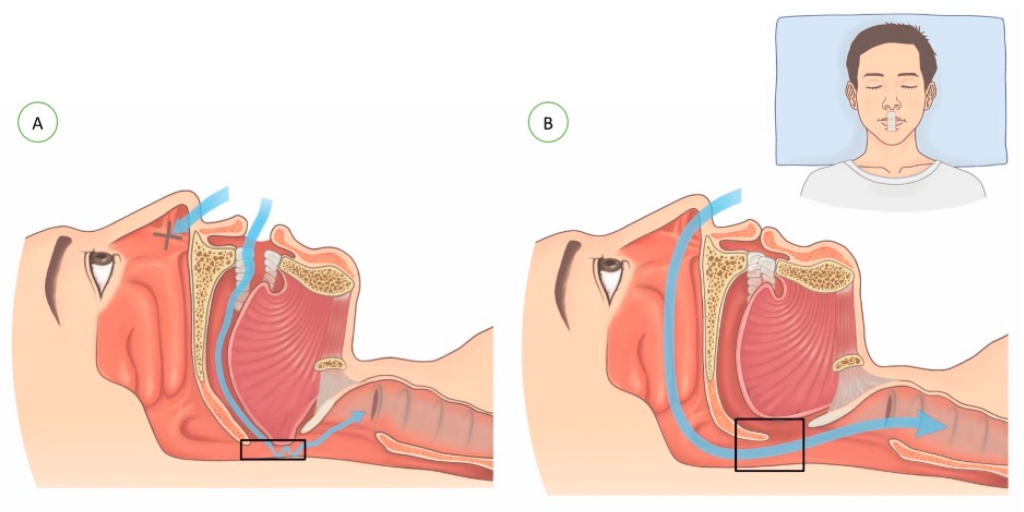
Impact of Mouth Breathing on Your Oral Health
In daily conversations with my patients, I often find that many people are unaware of the daily habits that can seriously affect their overall well-being and oral health.
One of the common concerns that significantly impacts dental health is mouth breathing. Many people do not realize the potential consequences associated with breathing through the mouth rather than the nose.
Why Is Mouth Breathing Harmful to Your Oral Health?
Breathing through the mouth bypasses the filtration and humidification provided by the nasal passages, leading to a dry oral environment conducive to bacterial growth and plaque formation. This increases the risk of cavities, gum disease, and overall oral hygiene issues.
Furthermore, the act of mouth breathing can alter the positioning of the tongue, resulting in improper tongue posture that may contribute to orthodontic problems and facial development issues over time. By understanding the harmful cascading effects of mouth breathing, individuals can take proactive steps to address this habit and protect their oral health for the long term.
Mouth breathing can be triggered by various factors such as nasal congestion, allergies, anatomical issues like a deviated septum, enlarged tonsils, or simply habitual behavior. It’s important to identify the root cause and address it accordingly to prevent prolonged mouth breathing.
How Mouth Breathing Impacts Your Oral Health
The repercussions of chronic mouth breathing extend beyond just respiratory discomfort. From a dental perspective, mouth breathing can lead to dry mouth, which reduces saliva production, thereby increasing the risk of tooth decay and gum disease. The inhalation of air through the mouth can also contribute to the development of a high-arched palate, narrow jaw, and a misaligned bite, which may necessitate orthodontic treatment in the future. Additionally, mouth breathing often goes hand in hand with bad breath, as the lack of saliva allows bacteria to thrive.
What Can You Do to Address Mouth Breathing?
If you suspect that you or a family member is a habitual mouth breather, seeking a professional assessment from a dentist and an ear, nose, and throat specialist is crucial. Depending on the underlying cause, treatment options may include myofunctional therapy, orthodontic therapy, or in some cases, surgical correction of a tongue tie (if that is the cause).
Take Action
It’s essential to raise awareness about the impact of mouth breathing on oral health, as it can often be overlooked or mistaken for a benign habit. By understanding the causes, consequences, and available therapies, individuals can take proactive steps to mitigate the potential harm associated with chronic mouth breathing.
If you or a loved one experiences persistent mouth breathing, I encourage you to schedule a consultation to address the issue proactively and safeguard your dental and overall well-being.



Post a comment